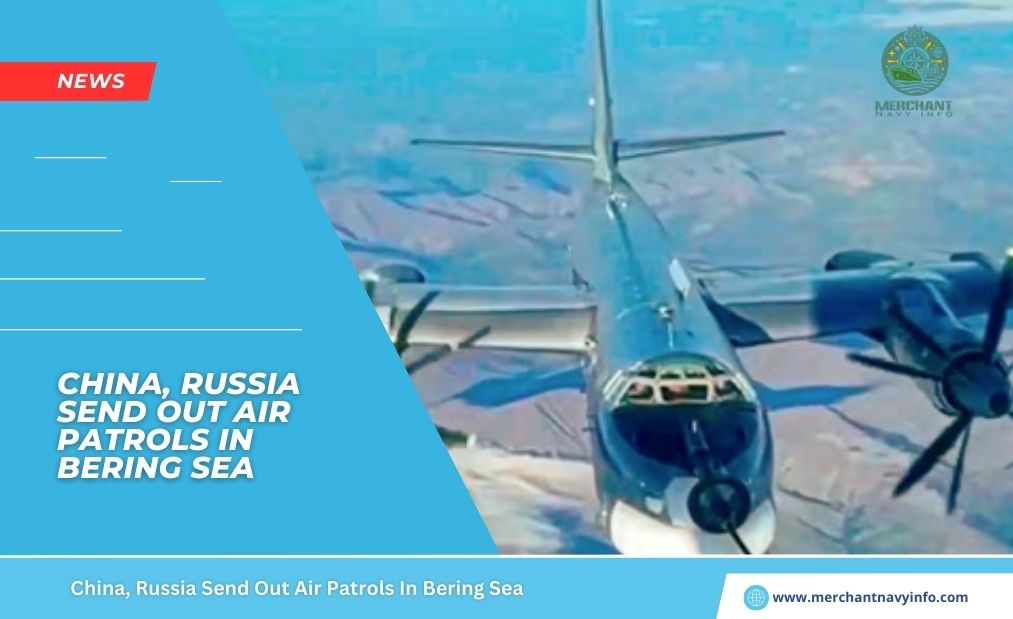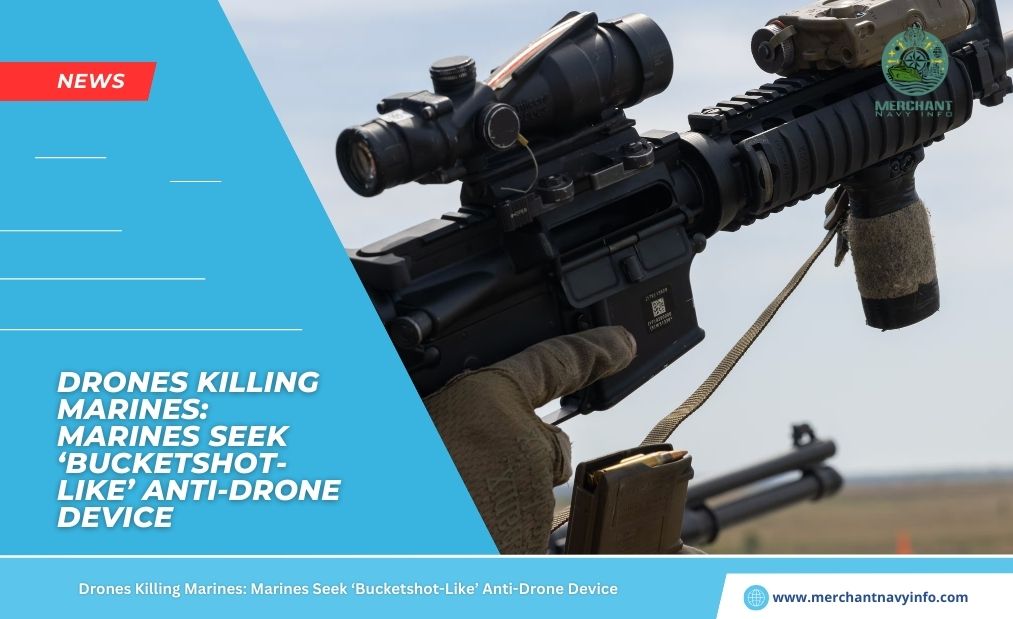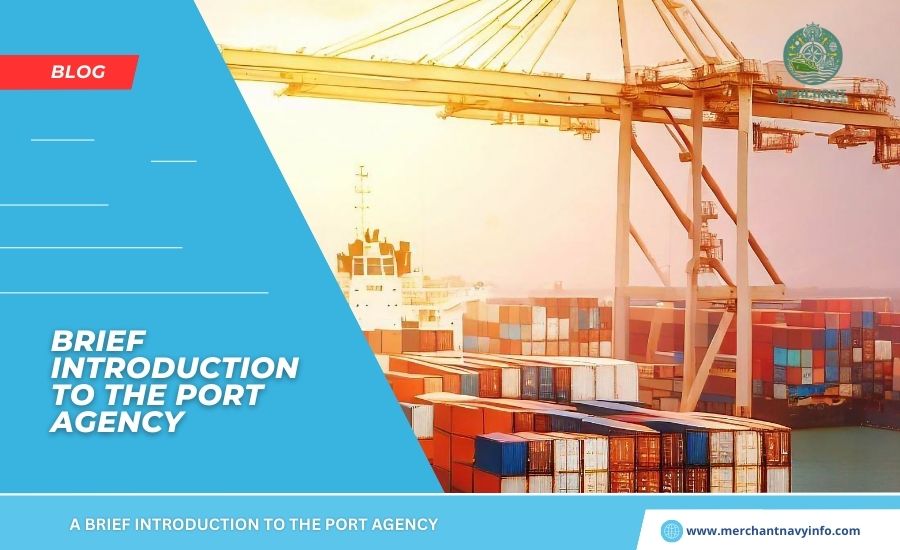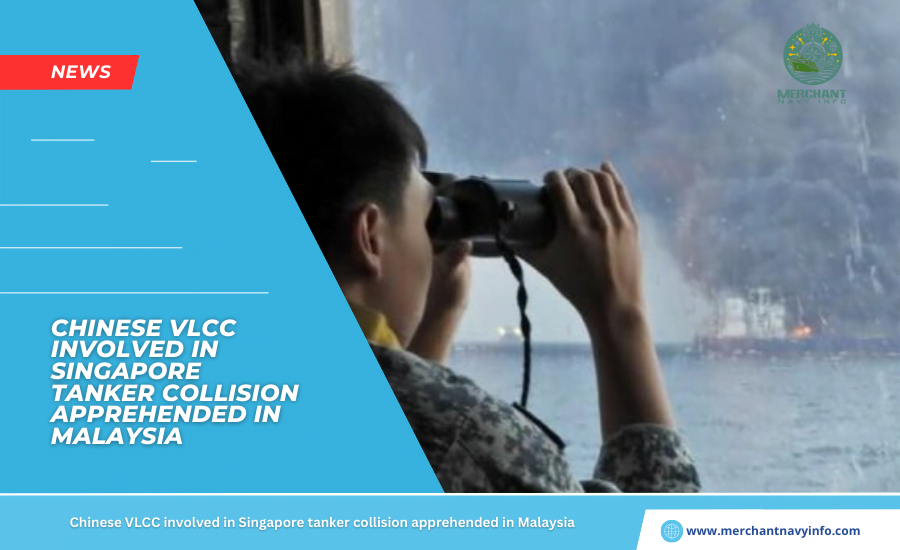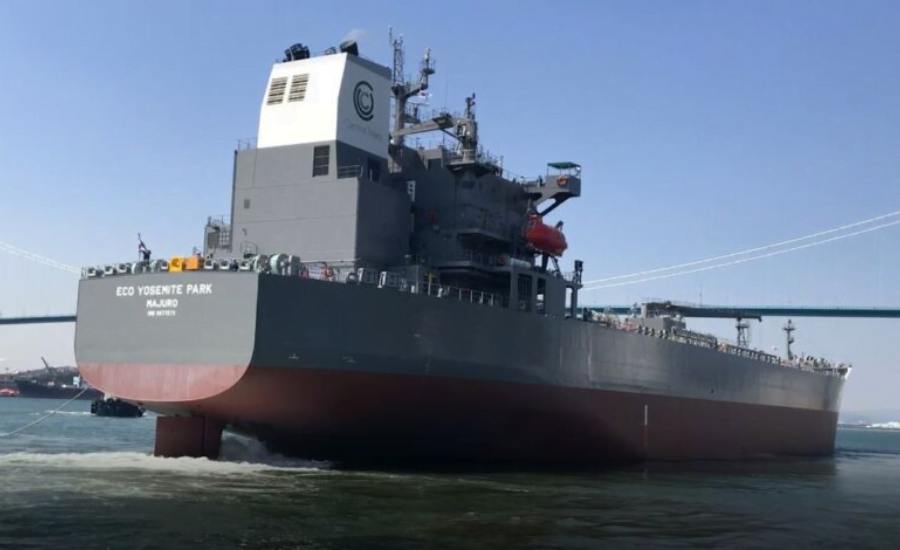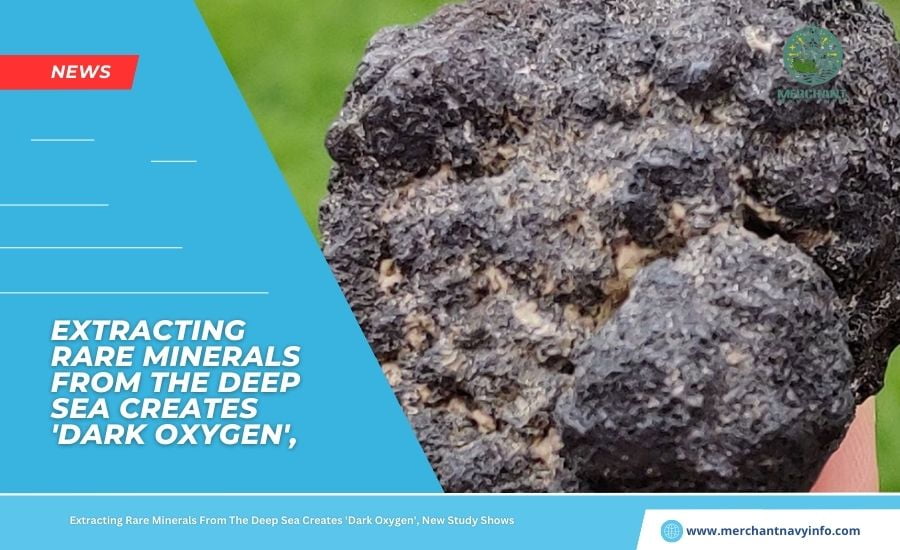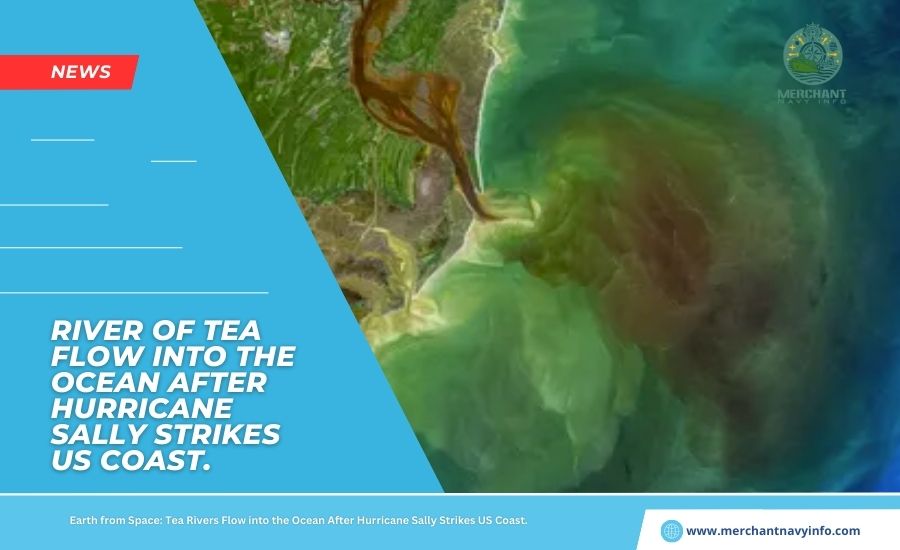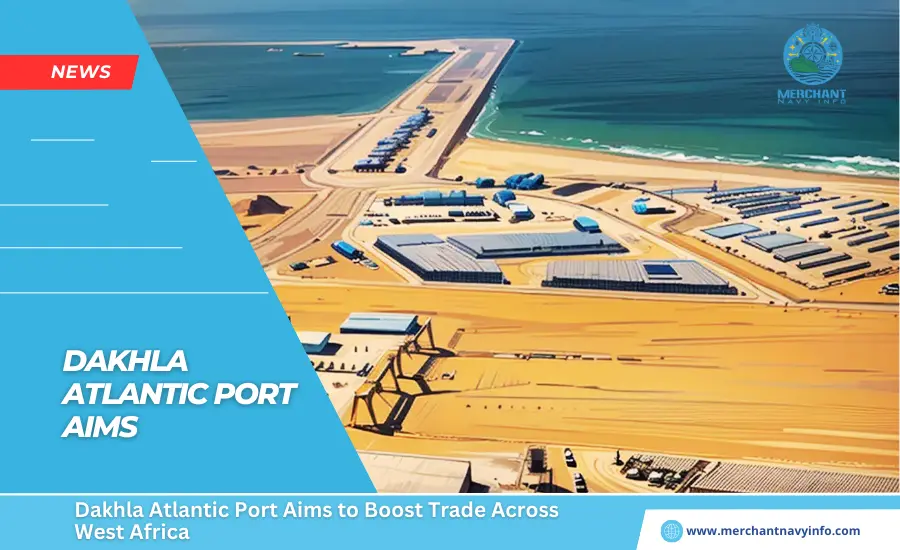
Dakhla, a small city in the disputed region of Western Sahara, mostly controlled by Morocco. Sits on a long sandbar between the Atlantic Ocean and a saltwater lagoon. The city is perennially windy, making it a hotspot for kitesurfing enthusiasts. But a new port, currently under construction, could transform the region into a trade gateway.
The $1.2 billion megaproject is due for completion in 2028. The 1,650-hectare complex will include a commercial port with an oil terminal, a fishing port, and a shipyard. A bridge will link the port to the mainland. And also a seven-kilometre road will link the port to the national highway along the coast. Running north to Tangier and south to the Mauritanian border. “We are building an ecosystem,” Nisrine Iouj, construction manager for the Atlantic Port of Dakhla, told CNN. Once operational, the port is expected to be able to handle 35 million tons of goods per year.
Not only will this boost Morocco’s economy, but it could also help the country become a maritime hub for global trade. Connecting it to regions such as West Africa, the Middle East, Europe, North America. The Canary Islands and even South America, she said. “The geographic location is key to the port’s success,” she said. Adding that the project has attracted significant foreign investment from countries such as the United Arab Emirates.
Gateway to Africa
The project is part of Morocco’s National Ports Strategy, which aims to modernize and strengthen its port infrastructure. By 2030 to strengthen its role in the global supply chain. While ports such as Casablanca, Tangier Med and Agadir have already been modernized or are in the process of modernising. The Port of Dakhla is considered particularly important for opening up. Other parts of the African continent due to its location to world trade.
“We are convinced that this infrastructure – port infrastructure, road infrastructure and renewable energy. Will be very attractive for investors who want to enter the West African market. Which is one of the fastest growing markets,” said Mounir Houari. General director of the Dakhla Regional Investment Center. With the implementation of the African Continental Free Trade Agreement. Which aims to create a unified market for goods and also services. The port could facilitate the processing of raw materials within the African continent.
Africa’s Natural Resources
“Less than 5 percent of Africa’s natural resources are processed because there is no industrial or export infrastructure,” Ouali says. The port of Dakhla “will encourage many Africans to start processing natural resources in Africa. Allowing African countries to create more jobs, improve skills and know-how, and also strengthen their own industries. “Mali, Chad, Niger and Burkina Faso are expected to benefit. Houari explains that Morocco has granted the region access to road and also port infrastructure. Providing a “gateway to Atlantic maritime trade.
“Turlock Mooney, head of ports intelligence and analysis at research firm S&P Global Market Intelligence, said the development could be beneficial for the region. “It is very positive to see modern port and trade infrastructure being developed in Western Sahara, which could support the vast hinterland of West Africa and the Sahel,” he says. “High-quality port infrastructure and efficient port operations are part of the security package of foreign direct investment and have become a key component of successful growth strategies for many developing countries. “But Western Sahara and the Sahel have a long history of instability. Regional conflicts could make building port infrastructure and reliable logistics significantly more difficult,” Mooney said. He cautions that infrastructure alone will not be enough to drive trade growth in the region and that the success of ports will depend on good governance, reliable transport links and political stability.


